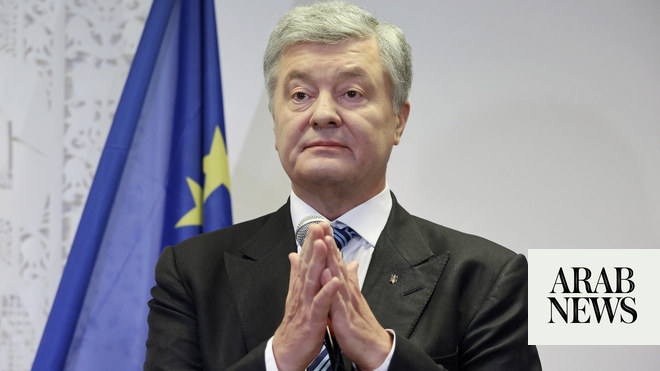
Hungary"s populist premier flagged a hike in the minimum wage on Thursday and reaffirmed plans for a big tax refund to families in 2022, launching his campaign for next year"s election that is shaping up as a competitive race for the first time in a decade.
Prime Minister Viktor Orban, a right-wing nationalist, has scored three successive landslides since 2010, but opposition parties have united against his Fidesz party for the first time and caught up with it in opinion polls.
"I would like to confirm that...we will undertake the task of raising the minimum wage to 200,000 forints ($700) per month in one or more steps," Orban told a news conference.
He said small businesses would have to be compensated with tax cuts to be able to finance this wage hike. The minimum wage is currently 167,400 forints.
In another play for conservative-minded voters, Orban said kneeling to protest against discrimination before sporting events was a custom related to slavery and alien to the central European country. He added that pressuring athletes everywhere to follow suit was "provocation." read more
Earlier Orban had declared that people younger than 25 will not have to pay personal income tax from next year, launching a raft of measures targeting key voting groups including undecided voters in the run-up to the election. read more
Orban has imported an electoral recipe from his Polish allies, the populist nationalist Law and Justice (PiS) party, who have introduced a scheme giving families 500 zlotys ($135.61) per month for each child and also exempted most people aged under 26 from the obligation to pay income tax.
Orban also said a referendum would decide the fate of a planned Chinese university campus in Budapest after a weekend street protest by thousands who said the move would heighten Chinese influence in Hungary and the European Union. read more
"This has become a political issue and we should decide this in a way that is the most acceptable to all," said Orban, a self-styled illiberal who has forged massive joint business projects with China and blocked EU statements denouncing Beijing"s record on human rights, angering his allies.
Orban, who shot to political prominence after the 1989 collapse of Communism, also dismissed accusations that allowing a Chinese campus would open the door to Chinese influence.
"We are not afraid of the Communists, because we have defeated them once already," he said. "We know exactly what needs to be done and how, therefore, we consider economic cooperation with them and...education especially important."
Public support for the Chinese campus is low, according to a poll done last month, and analyts say Orban could decide to bide his time on Fudan and return to the idea after the election.
A poll taken last month by think tank Republikon showed a neck-and-neck race between Fidesz and the joint list of six ideologically disparate opposition parties. Fidesz was commanding 32% of all voters, just shy of the 33% backing for the opposition platform.
Orban, who has been campaigning on the back of a mass COVID-19 vaccine rollout which has so far inoculated about 55% of the population, is betting on a fast economic rebound now to help his re-election bid next year.
($1 = 284.43 forints)
($1 = 3.6870 zlotys)











